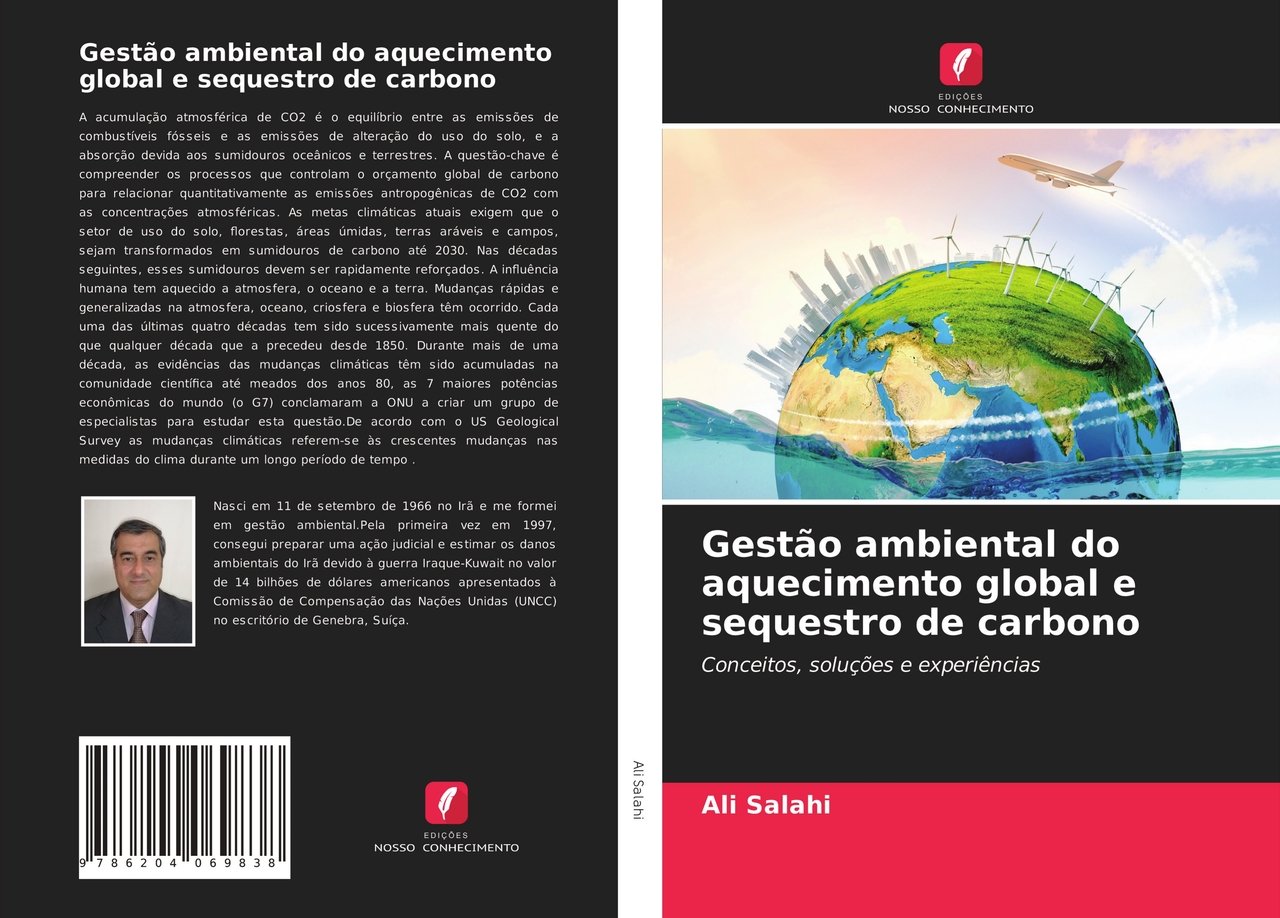A acumulação atmosférica de CO2 é o equilíbrio entre as emissões de combustíveis fósseis e as emissões de alteração do uso do solo, e a absorção devida aos sumidouros oceânicos e terrestres. A questão-chave é compreender os processos que controlam o orçamento global de carbono para relacionar quantitativamente as emissões antropogênicas de CO2 com as concentrações atmosféricas. As metas climáticas atuais exigem que o setor de uso do solo, florestas, áreas úmidas, terras aráveis e campos, sejam transformados em sumidouros de carbono até 2030. Nas décadas seguintes, esses sumidouros devem ser rapidamente reforçados. A influência humana tem aquecido a atmosfera, o oceano e a terra. Mudanças rápidas e generalizadas na atmosfera, oceano, criosfera e biosfera têm ocorrido. Cada uma das últimas quatro décadas tem sido sucessivamente mais quente do que qualquer década que a precedeu desde 1850. Durante mais de uma década, as evidências das mudanças climáticas têm sido acumuladas na comunidade científica até meados dos anos 80, as 7 maiores potências econômicas do mundo (o G7) conclamaram a ONU a criar um grupo de especialistas para estudar esta questão.De acordo com o US Geological Survey as mudanças climáticas referem-se às crescentes mudanças nas medidas do clima durante um longo período de tempo .


